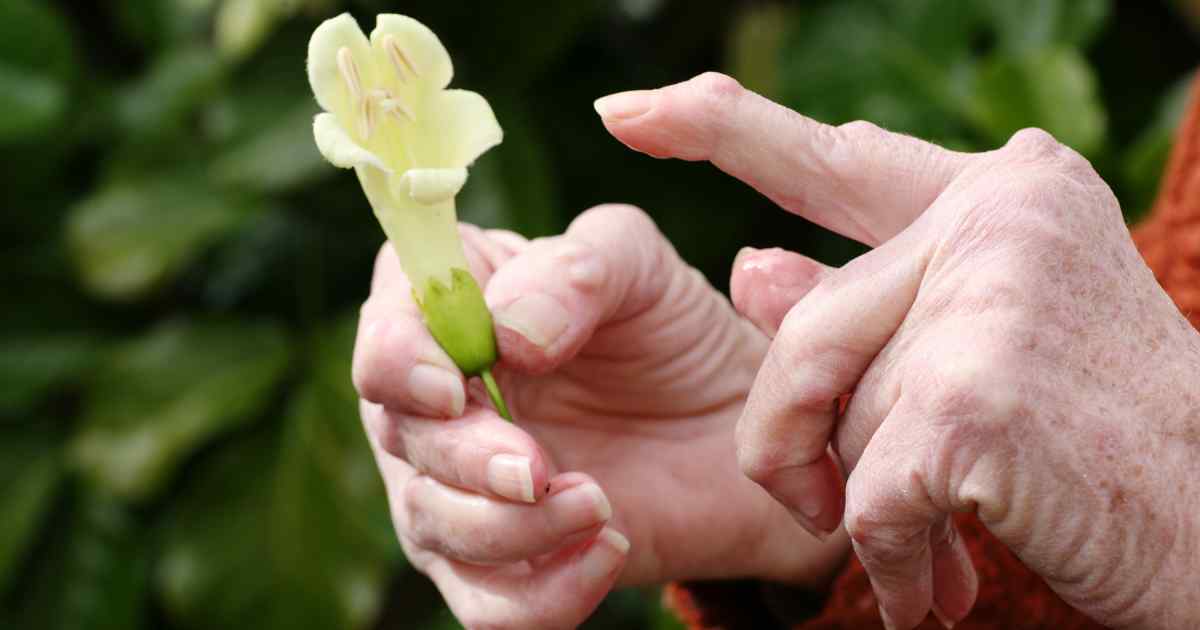Rheumatoid arthritis is an autoimmune condition that causes painful swelling in the joints, particularly the joints of the wrist, hands, and feet. Fortunately, you can learn everything you need to know about rheumatoid arthritis with a search online right now.
As a chronic disease, rheumatoid arthritis has no known cure. However, there are a number of treatments and lifestyle adjustments that can help to reduce the presence of symptoms and improve your overall quality of life.
Treatment Options for Rheumatoid Arthritis
Many RA patients manage their symptoms through medication. Specific types of antirheumatic drugs, or DMARDs, can help to slow the progression of joint damage. Non-steroidal anti-inflammatory painkillers (NSAIDs) can help with pain as well.
Whether or not you seek drug intervention for your rheumatoid arthritis symptoms, there are a few natural remedies you can try as well.
A combination of different therapies and treatments may be necessary to get the best relief from your symptoms. If you suffer from rheumatoid arthritis, be sure to ask your doctor about these and other treatment options to help with managing pain and other symptoms.
Exercise
Gentle exercise is a great way to combat the joint pain and stiffness associated with rheumatoid arthritis. It can also help boost energy levels and mood overall.
The key to exercises for people with RA is to focus on low-impact exercise that won’t put added stress on already aching joints. Hydrotherapy, or exercise in warm water, is especially effective. Other gentle, low-impact exercises that may offer some relief and boost flexibility include tai chi, yoga, stretching, and walking.
When starting any new exercise regimen, it’s a good idea to start out slowly and allow your body to adjust over time to the new levels of activity. Attempting too much can lead to over-exertion, injury, or worsened pain levels.
Acupuncture
Acupuncture is one of the most widely accepted forms of alternative medicine, and many people have found relief from a number of inflammatory conditions when seeking acupuncture treatment.
Acupuncture utilizes tiny hairpin needles that are inserted into the skin at specific “acu-pressure” points along the body’s “meridians.” These meridians roughly correspond with nerve channels throughout the body, and this may be a reason for their effectiveness.
Although the scientific community is still debating the effectiveness of acupuncture, it is a safe and relatively non-invasive procedure when performed correctly by an experienced practitioner. According to some, it can reduce symptoms of autoimmune disorders, limiting swelling and pain while boosting the body’s self-regenerative abilities.
Diet and Supplements
The Arthritis Foundation has identified certain foods that may be more or less helpful in reducing inflammation for people with rheumatoid arthritis. This anti-inflammatory diet recommends increased portions of:
- Fish high in omega-3 fatty acids.
- Antioxidant-rich fruits and vegetables.
- Nuts and seeds.
- Beans and legumes.
- Olive oi.l
While reducing or limiting intake of:
- Nightshades like peppers, potatoes, eggplant, and tomatoes.
- Processed foods.
- High-sodium foods.
- Alcohol.
Some people claim to have reduced symptoms of inflammation by cutting down on wheat-based products, but there is no clear indication of how or why that works.
In addition to eating a “clean” diet built primarily around whole, fresh foods, certain dietary supplements can be useful in reducing the symptoms of rheumatoid arthritis and other autoimmune diseases.
Some popular natural supplements include:
- Boswellia Serrate (Indian frankincense).
- Capsaicin.
- Tumeric.
- Cat’s Claw (Uncaria tomentosa).
- Fish oil.
- Gamma linolenic acid.
- Ginger.
Some of these, such as tumeric and ginger, are common spices that you can add to your regular meal preparations. Others can be taken orally in capsules or other forms and can usually be purchased in health food stores.
Before taking any sort of herbal supplement or remedy, be sure to talk to your doctor as side effects may occur when certain remedies are mixed or combined with medication.
